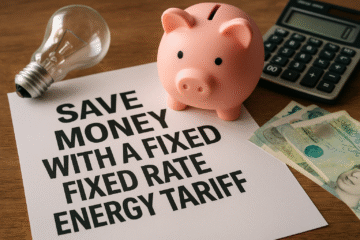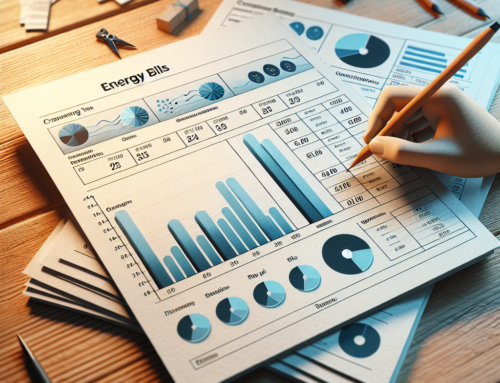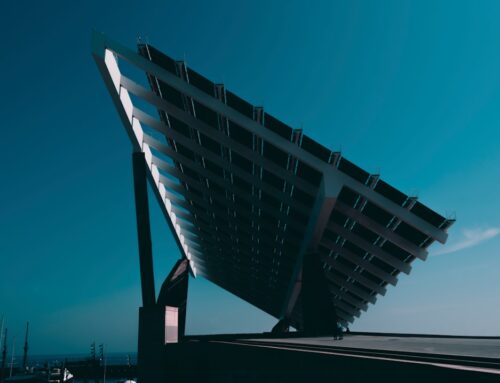Energy efficiency ratings are a key factor to consider when purchasing appliances for your home. These ratings are designed to help consumers make informed decisions about the energy consumption of different appliances. The most common rating system is the Energy Star label, which is a government-backed symbol that indicates a product meets certain energy efficiency standards. The Energy Star label can be found on a wide range of appliances, including refrigerators, washing machines, dishwashers, and air conditioners.
In addition to the Energy Star label, there are other rating systems used in different countries, such as the EU energy label in Europe and the EnerGuide label in Canada. These labels typically use a scale from A+++ to D, with A+++ being the most energy-efficient and D being the least. Understanding these ratings can help you compare the energy efficiency of different appliances and choose the most cost-effective option for your home. It's important to note that energy efficiency ratings are not just about saving money on your utility bills, but also about reducing your environmental impact by using less energy.
Choosing the Right Energy-Efficient Appliances for Your Home
When it comes to choosing energy-efficient appliances for your home, there are several factors to consider. Firstly, you should look for appliances with the Energy Star label or equivalent rating system in your country. This will ensure that the appliance meets certain energy efficiency standards and will help you save money on your energy bills. Additionally, you should consider the size and capacity of the appliance to ensure it meets your household's needs without wasting energy.
Another important factor to consider is the type of appliance and its specific energy-saving features. For example, when choosing a refrigerator, look for models with advanced insulation and temperature control features to reduce energy consumption. Similarly, when choosing a washing machine, look for models with variable spin speeds and water levels to save energy and water. It's also worth considering the long-term costs of operating the appliance, such as maintenance and repair expenses. By carefully considering these factors, you can choose the right energy-efficient appliances that will benefit both your wallet and the environment.
Tips for Using Energy-Efficient Appliances Effectively
Once you have chosen and installed energy-efficient appliances in your home, it's important to use them effectively to maximise their energy-saving potential. One of the simplest ways to do this is by following the manufacturer's instructions for proper use and maintenance of the appliance. For example, regularly cleaning the filters in your dishwasher or air conditioner can improve their efficiency and reduce energy consumption.
Another tip for using energy-efficient appliances effectively is to take advantage of their advanced features. For example, many modern washing machines have eco-friendly wash cycles that use less water and energy, while some refrigerators have energy-saving modes that adjust temperature settings based on usage patterns. Additionally, it's important to use appliances at off-peak times to take advantage of lower electricity rates and reduce strain on the power grid. By following these tips, you can make the most of your energy-efficient appliances and further reduce your household's energy consumption.
The Financial and Environmental Benefits of Energy-Efficient Appliances
Investing in energy-efficient appliances can bring both financial and environmental benefits to your household. From a financial perspective, energy-efficient appliances can significantly reduce your utility bills over time. For example, replacing an old refrigerator with an Energy Star model can save you up to £300 over its lifetime in electricity costs. Similarly, upgrading to an energy-efficient washing machine can save you money on water and electricity bills.
From an environmental perspective, using energy-efficient appliances can help reduce your household's carbon footprint. According to the Energy Saving Trust, replacing an old boiler with a new A-rated condensing boiler could save around 1,500kg of carbon dioxide emissions per year. Additionally, using energy-efficient appliances reduces overall energy demand, which can help lower greenhouse gas emissions from power plants. By choosing energy-efficient appliances, you can contribute to a healthier planet while also saving money on your household expenses.
How to Properly Maintain Your Energy-Efficient Appliances
Proper maintenance is essential for ensuring the long-term efficiency and performance of your energy-efficient appliances. Regular maintenance tasks can help prevent breakdowns, extend the lifespan of your appliances, and maximise their energy-saving potential. For example, cleaning or replacing the filters in your air conditioner or furnace can improve airflow and reduce energy consumption. Similarly, cleaning the condenser coils on your refrigerator can improve its cooling efficiency and reduce electricity usage.
In addition to regular cleaning, it's important to schedule professional maintenance for certain appliances, such as HVAC systems and water heaters. Professional maintenance can identify and address potential issues before they become major problems, ensuring that your appliances continue to operate efficiently. It's also worth considering extended warranties or service plans for your energy-efficient appliances, as these can provide peace of mind and help cover repair costs if something goes wrong. By properly maintaining your energy-efficient appliances, you can protect your investment and continue to enjoy their financial and environmental benefits for years to come.
Government Incentives and Rebates for Energy-Efficient Appliances
Many governments offer incentives and rebates to encourage consumers to purchase energy-efficient appliances for their homes. These incentives can take various forms, such as tax credits, rebates, or low-interest financing options for qualifying appliances. For example, in the UK, the government's Green Homes Grant scheme provides vouchers for homeowners to install energy-efficient heating systems and insulation. Similarly, in the US, the federal government offers tax credits for purchasing Energy Star-certified appliances.
In addition to national incentives, some local governments and utility companies also offer their own programs to promote energy efficiency. These programs may include cash rebates for purchasing energy-efficient appliances or discounts on energy audits and home improvements. It's worth researching available incentives in your area before purchasing new appliances, as these programs can help offset the initial cost of upgrading to energy-efficient models. By taking advantage of government incentives and rebates, you can make it more affordable to invest in energy-efficient appliances for your home.
The Future of Energy-Efficient Appliances: What to Expect
The future of energy-efficient appliances looks promising as manufacturers continue to innovate and develop new technologies to improve efficiency and performance. One key trend in appliance design is the use of smart technology and connectivity to enhance energy-saving features. For example, smart thermostats can learn your household's heating and cooling preferences to optimise energy usage, while smart refrigerators can adjust temperature settings based on usage patterns.
Another trend in energy-efficient appliances is the use of advanced materials and design techniques to improve insulation and reduce heat loss. For example, some manufacturers are developing refrigerators with vacuum-insulated panels that provide superior insulation compared to traditional foam insulation. Additionally, advancements in motor technology are leading to more efficient and durable motors in appliances such as washing machines and dishwashers.
Looking ahead, it's likely that regulations and standards for energy efficiency will continue to evolve, driving further innovation in appliance design. For example, the EU has recently introduced new regulations that set higher energy efficiency standards for refrigerators and freezers. These regulations are expected to drive manufacturers to develop more efficient cooling systems and insulation materials. As technology continues to advance and consumer demand for sustainable products grows, we can expect to see even more efficient and environmentally friendly appliances in the future. By staying informed about these developments, consumers can make informed choices about upgrading their home appliances to more efficient models.





